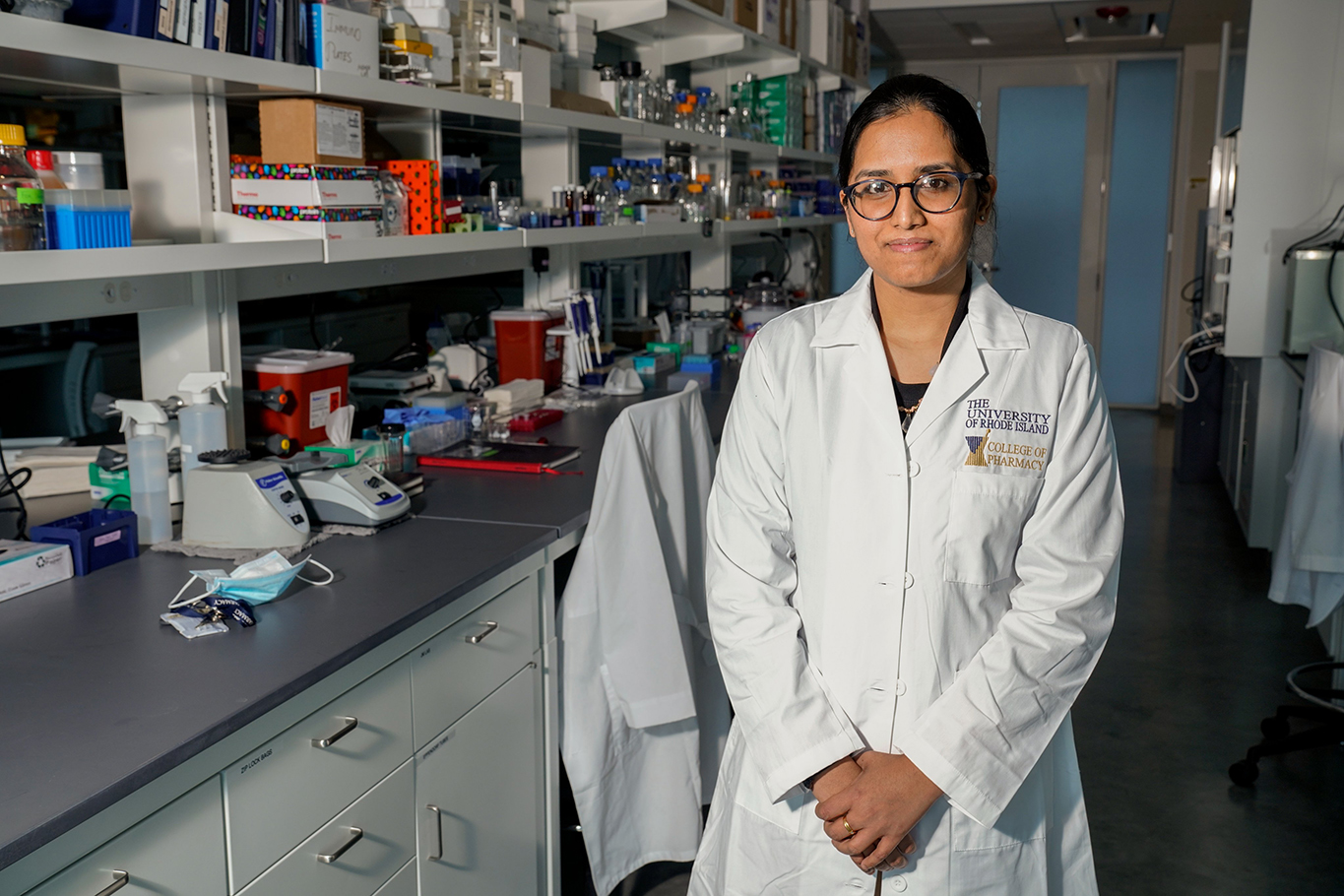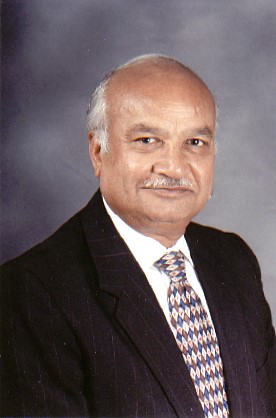
Dr. Jyothi Menon, an associate professor of Indian origin at Rhode Island University, has been chosen as one of eleven researchers for the inaugural cohort of the Biden Cancer Moonshot Scholars program. Her research proposal, focusing on developing a multifunctional nanoparticle formulation to slow the progression of chronic alcoholic liver disease into hepatocellular carcinoma, was selected by the White House.
Originally from Kerala, Jyothi Menon spent her formative years in Doha, Qatar. She came to the United States in 2006 to pursue higher studies under a joint program between UT Arlington and UT Southwestern Medical Center in Dallas. Subsequently, she completed her post-doctoral studies in oncology research at Oxford University in the UK in 2014. Returning to the US in 2017, she joined the University of Rhode Island.
Describing her study, Dr. Menon explained, “My focus involves creating a vehicle to administer medicine for liver cancer in patients with a history of alcohol consumption.” Liver cancers have the fastest fatality rate among all cancers. The nanoparticle formulation will ensure effective treatment delivery to the targeted cells.” These nanoparticles are extremely small, with one being 500-1000 times smaller than the width of a human hair. They remain in the bloodstream longer, preventing quick clearance and ensuring drug delivery to the desired tissue.
Traditional orally administered drugs face challenges as they pass through various organs before reaching the target area, often reducing their efficacy. Nanocarriers offer a solution by protecting healthy tissue from drug exposure and releasing the drug specifically to treat the target tissue. Dr. Menon elaborated that the nanocarrier’s surface material can be altered using natural or synthetic compounds to recognize molecules released by the target tissue.
President Biden initiated the Cancer Moonshot program to bolster early-career researchers and promote diversity in the cancer research workforce. Through the National Cancer Institute (NCI), the Biden-Harris Administration has committed $5.4 million in the first year to support the inaugural cohort. This diverse group of scholars, like Dr. Menon, is focusing on projects across various institutions to advance research in different types of cancers. The Administration intends to fund up to 30 additional Cancer Moonshot Scholars by 2025, with the next application period closing in February 2024.










